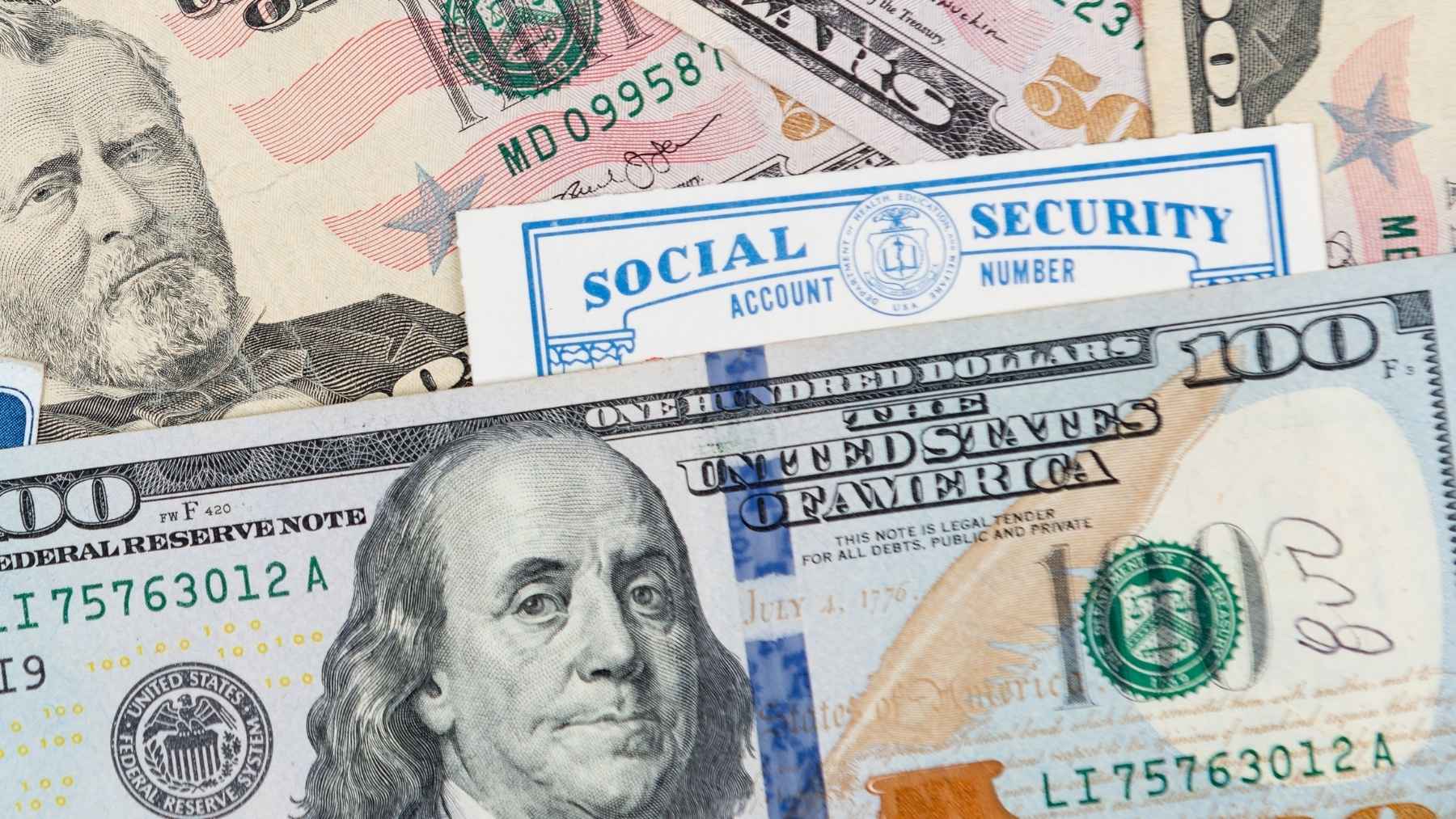A recently announced policy on overpayment benefits has been rolled back by the Social Security Administration (SSA). Millions of Americans, particularly retirees or disabled individuals, are reliant on these monthly Social Security checks to help them make ends meet each month. As such, stability and efficiency with this system of payments is of utmost importance and an interruption or delay in payments could result in severe ramifications for these beneficiaries.
Under the new Trump Administration, some sweeping changes have been taking place within the SSA and as a result, many people — including the previous Social Security Commissioner — have been warning of a potential interruption in payments as the SSA undergoes these changes.
Amongst the several changes within the organization, the SSA has also been attempting to clawback benefits that had been paid incorrectly.
Benefit overpayments: what to know?
Benefit overpayments is a mistake that appears to occur more often than one would assume. This kind of financial mistake can happen for a number of reasons, such as a mistake from the SSA or alternatively, a recipient failing to comply with benefit requirements, intentionally or otherwise.
Subsequently, the SSA has recorded losses in the billions as a result of overpayments over the past few years. The SSA has estimated an amount of around $72 billion in improper payments from the fiscal year of 2015 to 2022, most of which were overpayments. As of the end of fiscal 2023, the uncollected overpayment balance of the SSA stood at $23 billion.
What change is the Social Security Administration enacting?
The 100 percent withholding rate will be reinstated by the federal agency as per the March 7 announcement from the SSA. This change, or rather undoing, which was slated to begin on March 27, is being done in an attempt to clawback benefits that had been incorrectly paid.
This implications of this change could be quite dire for recipients faced with overpayments by the SSA as it could mean that the recipient’s entire benefit check could be withheld until the balance is paid off.
Now, however, the agency has opted to default to withholding only 50 percent of old-age, survivors, and disability insurance benefits, as per an “emergency message” to the staff on April 25. As such, if a recipient is discovered to have been overpaid, only half of their benefit check with be withheld until the balance is paid off.
The SSA has a “significant responsibility to be good stewards of the trust funds for the American people and that it has a duty to revise the overpayment repayment policy back to full withholding, as it was during the Obama administration and first Trump administration, to properly safeguard taxpayer funds,” acting Social Security Commissioner Lee Dudek stated at the time of the original announcement.
This March 7 announcement marked the undoing of a Biden-era policy that had been introduced by former commissioner, Martin O’Malley. This policy “decreased the default overpayment withholding rate for Social Security beneficiaries to ten percent, or $10, whichever is greater, down from 100 percent,” and had been in effect for a year prior, until Dudek changed it. The new policy went into effect just a few days ago on April 25.
The SSA was compelled to take this step after a substantial number of overpayment reports had flooded in from various news outlets. These outlets had spoken with disabled Americans and seniors who were told to return to the agency thousands of overpaid dollars with no prior warning.
One woman shared that she had been “hit with a $62,000 bill for overpayments relating to Social Security survivor payments she received after her father died while she was just a child.”
In this regard, previous commissioner, Martin O’Malley said, “I think that we had the policy right before. We looked at the various break points, and if you would depend entirely on your Social Security check, having half of it interrupted means what? That means you go without paying your heating bill for the month; that means you’d go without your medicine instead of buying medicine and food.”

